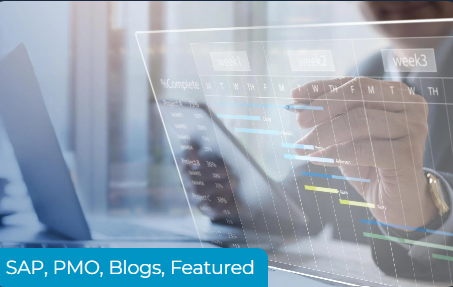
Meet the Experts
Key Takeaways
-
SAP ERP, private edition, option for Microsoft SQL is now available for customers.
-
The offering provides a SAP ERP system on SAP cloud infrastructure supported by Microsoft Azure.
-
Moving to this offering does not impact the upcoming end of mainstream maintenance in 2027.
SAP ERP, private edition, option for Microsoft SQL is now available for customers that want to lift and shift their SAP ERP system into SAP cloud infrastructure that is supported by Microsoft Azure. While this is only applicable to those that are running their ERP system on Microsoft SQL Server, a relatively small proportion of the total SAP ERP customer base, this may make sense as an interim step for customers that are not yet ready to move to SAP S/4HANA. SAP also sees benefits for customers that are moving to RISE with SAP but are not able to transition all their ERP systems during a single project or rollout.
SAP made it clear that this offering is not an alternative to RISE with SAP and SAP S/4HANA. There is also no impact on the upcoming end of mainstream maintenance in 2027 or the switch to customer specific maintenance in 2030. Organizations using SAP ERP, private edition, option for Microsoft SQL will face the same end of maintenance challenges as every other customer still running a core SAP Business Suite application. But this may benefit those that are running their ERP system on Microsoft SQL Server and want to leverage a managed cloud infrastructure prior to their eventual move to SAP S/4HANA.
If your organization is running SAP ERP on SQL Server, then you can immediately leverage this new scenario if you want to move off existing infrastructure into a managed cloud environment. This may help split your move to RISE with SAP into multiple steps without necessarily increasing overall cost. It may also allow you to leverage some of SAP’s tailored migration offerings or the opportunity to complete more remediation of custom code or business processes as part of the move. Lastly, it may provide more direct access to Microsoft Cloud Services from an innovation perspective.







